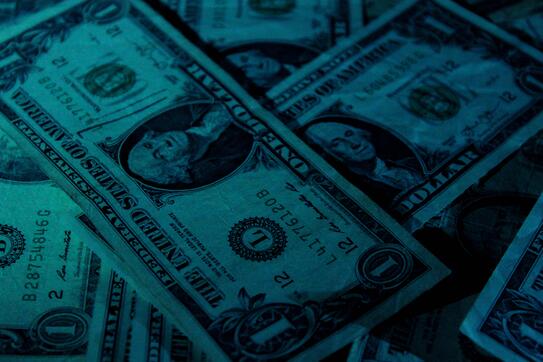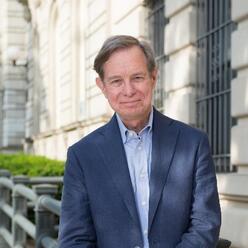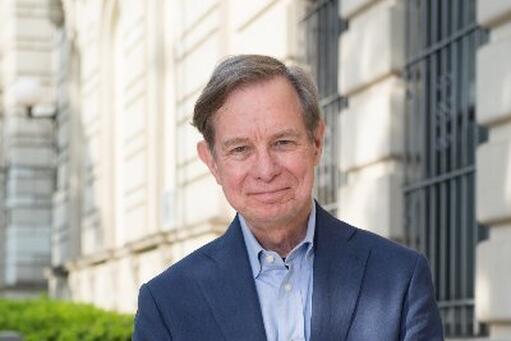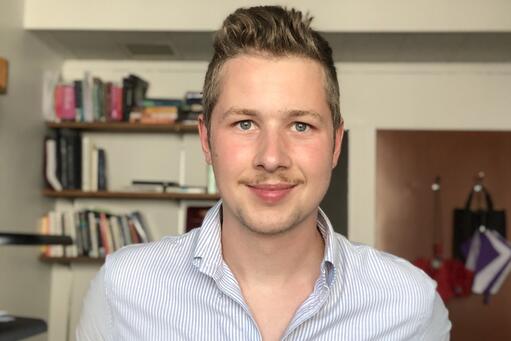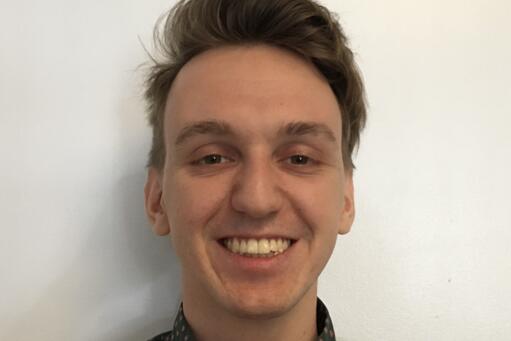NEW YORK, NY – Many companies use controversial design practices like pre-checked boxes or confusing cancellation policies to trick customers into buying products or services or giving up their privacy. As politicians scrape for essential fundraising dollars in the lead-up to the election this year, many campaigns are adopting similarly questionable techniques. Previous assumptions suggest that these tactics, known as “choice architecture,” have little to no impact on people’s decisions. However, a new study by Columbia Business School Professors Eric Johnson and Andrey Simonov finds that in 2020, political campaigns gained an additional 11% of their total funds – a staggering $43 million overall – by locking in unsuspecting donors into repeating donations using pre-checked boxes known as “defaults.”
The paper, Dark Defaults: How Choice Architecture Steers Political Campaign Donations, published in the Proceedings of the National Academy of Sciences, studied Donald Trump’s 2020 re-election campaign and several additional Republican campaigns and found that these extremely lucrative “default” tactics meant many donors were enrolled in weekly donations without their knowledge. For this study, Professor Eric Johnson and Andrey Simonov along with their co-authors, Baylor University Professor Kellen Mrkva, and Columbia Business School doctoral student Nathaniel Posner '26, obtained public data submitted to the Federal Election Commission (FEC) from WinRed, a Republican Party fundraising platform, during the general election campaign in 2020. Utilizing a dataset containing 14.8 million donations by 2.6 million donors, the researchers used an event study – assessing the impact of the event timeline – to compare donor behavior in campaigns that added a weekly default to those that did not. Adding pre-checked donation boxes led to an increase in weekly donations from users who were not aware they were contributing. However, only $3 million was requested as refunds, while an additional $43 million was raised through these defaults.
This year, as the 2024 general election ramps up, campaigns trying to get the most out of their shrinking donor bases may face pressure to return to these questionable tactics used in 2020. Despite some attempts to end default recurring donations and bans in select states like Maryland and Tennessee, the practice is still widely legal and unregulated. Without sufficient warnings for donors or policies in place, campaigns will likely continue to trick supporters into spending thousands of dollars without penalty.
To learn more about the cutting-edge research being conducted, please visit the Columbia Business School.
###
